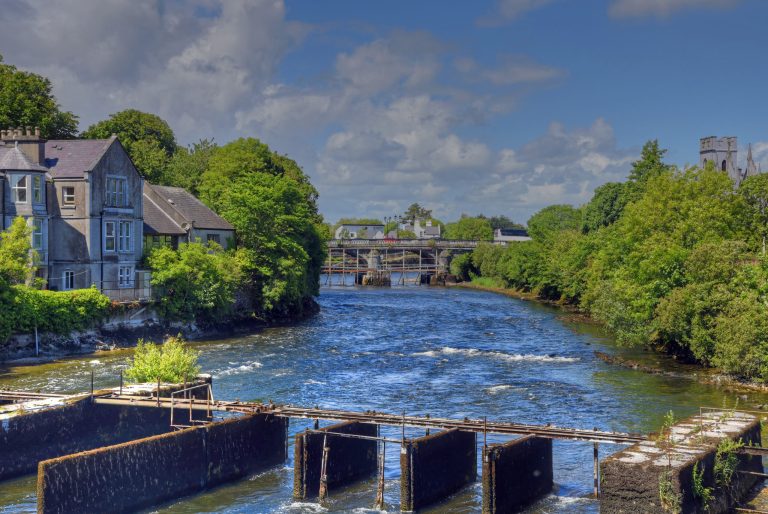Earlier this month, Apple was ordered to pay €14bn in back taxes to Ireland, following a long-standing legal battle with the European Commission.
The unexpected financial windfall is set to play a crucial role in Ireland’s infrastructure development, as outlined by the country’s finance minister, Jack Chambers, during his budget speech.
Chambers hailed the tax settlement as “transformational,” and emphasized that the funds would be invested in critical public infrastructure, including water, transport, energy systems, and housing.
The decision comes just weeks after Ireland lost its appeal in the European Court of Justice (ECJ), which ruled that the tech giant had benefited from unlawful tax breaks.
Ireland’s finance minister calls the revenue “transformational”
Speaking in the Dáil, Ireland’s parliament, Jack Chambers highlighted the impact of the court ruling:
The recent judgment from the court of justice for the European Union has provided the state with one-off revenue that has the capacity to be transformational.
He further underlined the importance of investing in infrastructure to secure Ireland’s future economic performance.
He warned, however, that the government would not use the tax windfall for short-term political gain.
“It is imperative that this revenue is not used for day-to-day expenditure or to narrow the tax base,” Chambers added, signaling that Ireland would avoid using the funds for giveaways ahead of the upcoming general election, expected in November.
The €14bn boost to Ireland’s infrastructure plans
Chambers outlined that the €14bn from Apple would be banked in two stages – €8bn this year and the remaining €6.1bn next year.
This additional revenue will give the Irish finance department a projected €105bn in tax revenue for 2024, boosting the country’s ability to invest in key infrastructure projects.
The windfall is being coupled with strong corporate tax receipts.
Ireland’s tax take has surged by 28% year-on-year, driven by multinationals like Apple and other tech companies.
The country expects to collect €38bn in corporate taxes for the year, half of which comes from its top 10 companies, including Microsoft, Intel, and Pfizer.
Chambers reiterated the government’s position that foreign investment was central to the success of such a small economy as Ireland’s.
“Our economic enterprise and industrial model is central to future progress. It has transformed our country from where we were 200 years ago.”
In addition to the Apple settlement, Chambers revealed that €3bn from the state’s sale of shares in Allied Irish Banks (AIB) – bailed out after the 2008-09 financial crisis – would also be allocated to infrastructure projects.
Apple’s €14bn tax repayment comes amid EU crackdown on tax deals
Last month, Apple lost a high-profile tax battle with the European Commission, as the ECJ ruled that Ireland had granted the company unlawful tax benefits.
The decision was seen as a significant victory for the European Commission in its broader campaign to curb so-called “sweetheart” deals offered to multinational corporations.
The European Union has long been concerned about how some member states, including Ireland, have used low tax rates to attract major corporations like Apple, Microsoft, and Intel.
The ECJ’s ruling forces Ireland to recover the lost taxes, which the Irish government had fought for years to avoid.
Why Ireland initially resisted the tax repayment
Ireland’s stance throughout the legal proceedings was that Apple should not have to repay the back taxes.
The government had argued that the favorable tax treatment was essential to making the country an attractive destination for foreign investment.
Ireland, which has one of the lowest corporate tax rates in the EU, serves as Apple’s base for operations across Europe, the Middle East, and Africa.
Though corporate tax rates are set by individual nations, the European Union has the authority to regulate state aid.
The ECJ ruled that by applying an exceptionally low tax rate to Apple, Ireland had effectively granted the company an unfair subsidy.
This decision represented a landmark victory for the EU in its efforts to ensure fair taxation across its member states.
Despite Ireland’s opposition to the ruling, the government now appears ready to move forward.
Chambers described the issue as “now of historical relevance only,” and confirmed that the process of transferring Apple’s assets to Ireland would begin.
The post Ireland set to invest Apple’s €14bn tax windfall in critical infrastructure appeared first on Invezz

